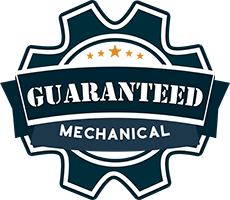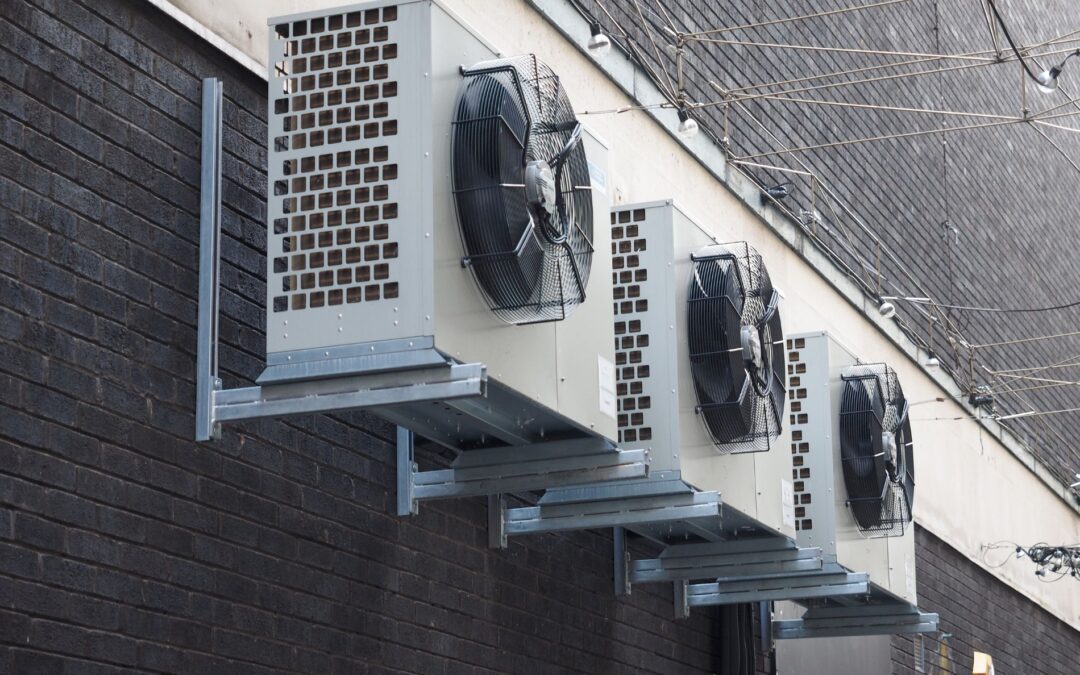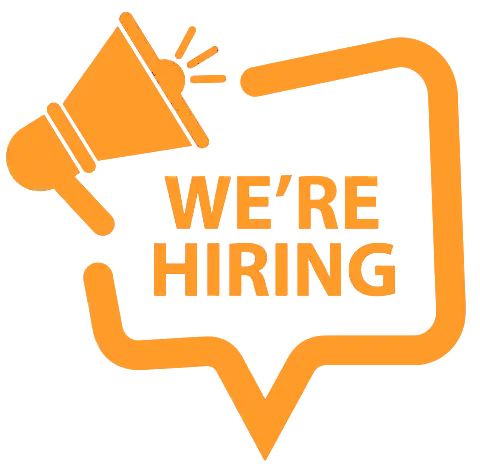Maintaining a functional HVAC system is critical for any commercial property. Over time, even the best systems can wear out and start to show signs of aging. Understanding when to replace your HVAC system is crucial for ensuring a comfortable and efficient environment in your business. Ignoring these signs can lead to higher energy bills, frequent repairs, and an uncomfortable workspace.
Understanding the Lifespan of Your HVAC System
The average lifespan of a commercial HVAC system ranges from 15 to 20 years. This lifespan can vary based on factors like the quality of the installation, regularity of maintenance, and the intensity of usage. Proper maintenance can extend the life of your system, but even the best-maintained units will eventually need replacement. Knowing the typical lifespan of your HVAC system is vital for planning ahead and avoiding unexpected breakdowns.
Understanding the lifespan of your HVAC system helps in budgeting for replacements and minimizing disruptions to your business operations. Regular inspections by our professionals can provide you with a clearer picture of your system’s health and estimate when a replacement might be necessary. Preparing in advance ensures that you can replace the system at a convenient time, rather than during an emergency situation.
Signs That Your HVAC System Needs Replacement
Here are some warning signs that indicate it might be time to replace your commercial HVAC system:
- Frequent Breakdowns: If your system requires constant repairs, it may be nearing the end of its usable life.
- Rising Energy Bills: Older systems often become less efficient, leading to higher energy costs even with the same usage.
- Uneven Temperatures: If some areas of your building are too hot or too cold, it can signify your system is struggling to maintain consistent temperatures.
- Excessive Noise: Loud or unusual noises can indicate serious mechanical issues that are not worth the cost to fix always.
- Poor Air Quality: An aged HVAC system may struggle to filter and circulate air properly, impacting indoor air quality.
- Age of the System: If your system is over 15-20 years old, it’s time to consider an upgrade to a more efficient unit.
Recognizing these signs early can save you from unexpected failures and ensure your building remains comfortable for everyone. Our technicians can carry out a thorough inspection to determine if it’s time for a replacement and help you choose the best system for your needs.
Benefits of Upgrading to a New HVAC System
Upgrading to a new HVAC system offers several advantages that can significantly benefit your commercial property. One of the primary benefits is improved energy efficiency. Modern HVAC systems are designed with advanced technology that consumes less energy while providing optimal performance. This efficiency can lead to lower energy bills and reduced environmental impact.
Another benefit is enhanced comfort and indoor air quality. Newer HVAC systems provide consistent heating and cooling, eliminating hot and cold spots within your building. They also come equipped with advanced filtration systems that improve air quality by removing contaminants, allergens, and pollutants. This results in a healthier and more comfortable environment for employees and customers.
Additionally, upgrading your HVAC system can reduce maintenance costs and increase reliability. Older systems often require frequent repairs and maintenance, which can be both costly and disruptive to your business. A new HVAC system typically comes with warranties and is less prone to breakdowns, ensuring uninterrupted operation and peace of mind.
Choosing the Right HVAC System for Your Commercial Property
Selecting the right HVAC system for your commercial property involves several factors that need careful consideration. Firstly, assess the specific heating and cooling needs of your building. Factors such as square footage, number of floors, and occupancy levels will determine the size and capacity of the system required. Choosing a system that is too small or too large can lead to inefficiencies and increased costs.
Energy efficiency ratings should also be considered. Look for systems with high SEER (Seasonal Energy Efficiency Ratio) and EER (Energy Efficiency Ratio) ratings, as these indicate better energy performance. Investing in an energy-efficient system can lead to long-term savings and reduced operational costs.
Consider the type of HVAC system that best suits your needs. Options include heat pumps, central air conditioning, and rooftop units. Each type has its own benefits and installation requirements. Consulting with our professionals can help you determine the most suitable system for your property.
Lastly, factor in the cost of installation and ongoing maintenance. While it may be tempting to choose the cheapest option, investing in a quality system and professional installation can save you money in the long run. Our technicians can provide expert advice and ensure that your new HVAC system is installed correctly and efficiently.
Conclusion
Maintaining a comfortable and efficient commercial property hinges on the performance of your HVAC system. Understanding the lifespan of your unit and recognizing the signs that it needs replacement can help you plan ahead and prevent costly breakdowns. Upgrading to a new HVAC system brings numerous benefits, including improved energy efficiency, enhanced comfort, and reduced maintenance costs.
Selecting the right HVAC system for your commercial property is a critical decision that requires careful consideration of your specific needs and budget. By investing in a high-quality system and relying on professional HVAC replacement, you can ensure long-term performance and reliability.
Don’t wait for your HVAC system to fail before taking action. Contact us at Guaranteed Mechanical today to explore your options for upgrading to a new, efficient HVAC system. Our professionals are here to help you make the best choice for your commercial property.



